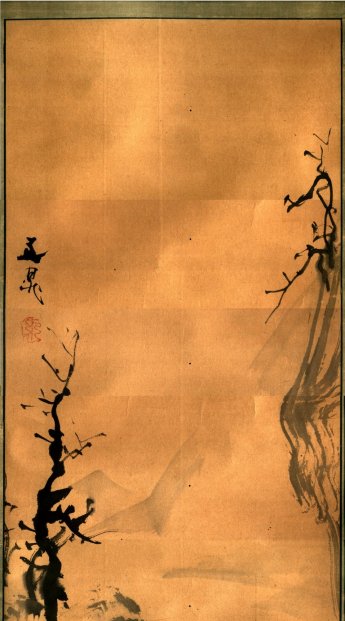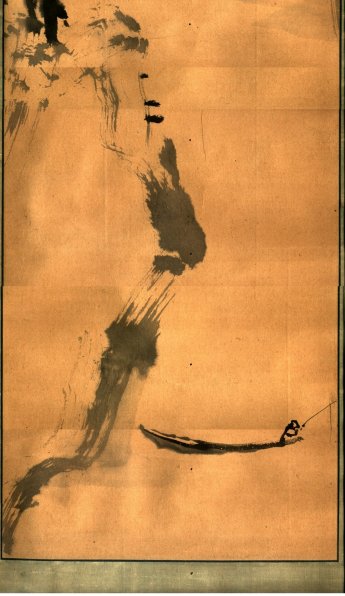Because the illuminating vision does not inquire what meaning the ‘seen’ might have in relation to the seer, it permits each existent to be its true self, according to its origin. It grasps things as they are ‘meant to be’. For to the degree that their formless origin is inaccessible and inconceivable, things in their concrete forms become the more accessible to us. Bathed in the light of their origin, they themselves are illuminated. The more mysterious their ground, the more revealingly do they stand before us. The more silent they are about the ultimate questions, the less silent they are about themselves. This enables the visionary to let them go their own way without saddling them with his own preoccupations. Far from taking them as mere manifestations of a primal Ground, which at this state is inaccessible and incomprehensible, he lets each thing be itself. […] Occasionally he can intensify this contact to the point of complete union. It then seems to him that things do not come to him in his vision, but that they come to themselves, and that only then do they attain full reality, as if Being were beholding itself in everything that is, as if it embraced and sustained the process of seeing. He then no longer feels himself as the subjective pole, confronted by things as objects; he feels Being as the one pole, of an essentially inconceivable nature, and himself, together with everything that happens, as the other pole of concrete existence, which, like himself, proceeds from the origin.
— Eugen Herrigel, The Method of Zen (trans. R.F.C. Hull)
*


